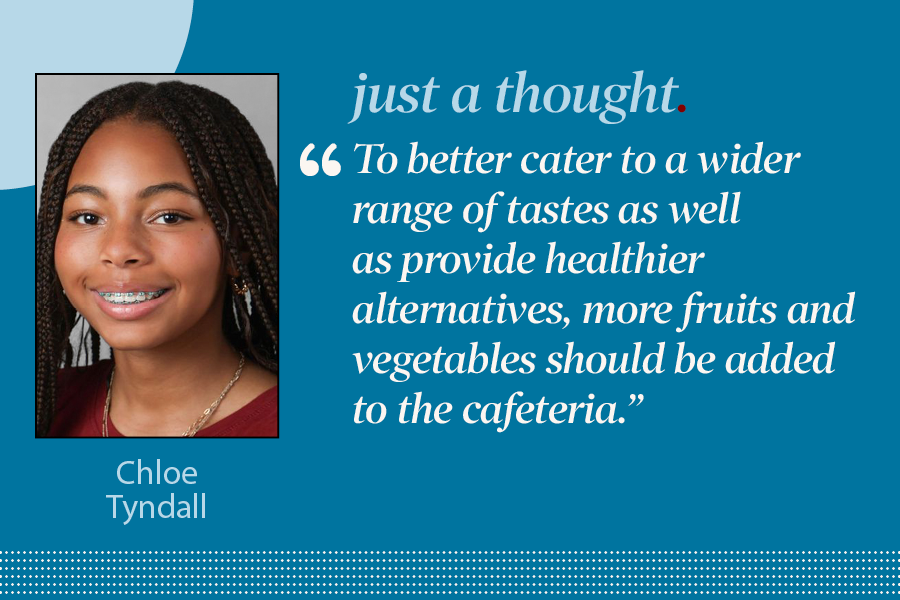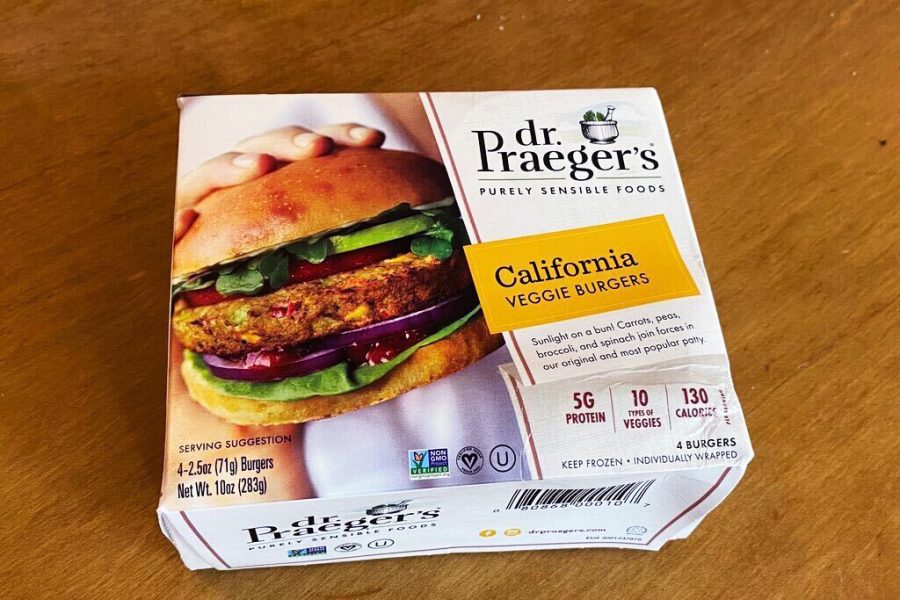Strain on meat supply chain, rising prices effects dietary choices
Vegan or vegetarian substitutes have grown in popularity in recent years. The recent increase in price of meat has also made many turn to these substitutes.
May 28, 2020
COVID-19 breakouts and coronavirus-induced slowdowns at meat processing plants have significantly reduced meat supply and increased meat prices in the US, forcing some families to reshape and reflect upon their diets.
COVID-19 outbreaks have placed significant strain on the nation’s food supply chain, particularly in meat processing plants, where more than 100,000 workers’ safety has been compromised by the disease. Meat processing plants all over the United States, including some of the largest like Tyson and Smithfield Foods have shut down in an effort to keep workers and consumers safe.
While some plants have shut down completely, others have instead slowed production down significantly. This has to do with President Trump’s recent executive order to invoke the Defense Production Act to keep plants open despite the health risks.
Despite the fact that some plants have remained open, according to a recent article in the Chicago Tribune, these shutdowns and slowdowns have still significantly affected meat production, causing beef processing to go down by 25%, and pork processing to go down by more than 5%.
As a result, some stores are limiting the number of meat products that people can buy. Costco, for example, has a three-product limit on poultry, fresh beef and pork. Similarly, Mariano’s is only allowing customers to buy one fresh pork product at a time.
Most supermarkets, however, have started raising the prices of meat to accommodate for the shortages.
These changes have caused many families with previously meat-heavy diets to rethink how much meat they are buying.
For some families, like Kira Sekhar’s family, this restriction on meat is not necessarily a bad thing.
“My mom and I have been seriously thinking about going vegetarian for a couple months now,” Kira said, “and when we heard that meat prices were on the rise, we figured this was the perfect time to do it.”
For Asha Bahroos’ family, on the other hand, these changes aren’t imposing any changes to their everyday diets.
“I’ve been vegetarian since I was born because my parents wanted me to be able to make a decision for myself about eating meat when I got older,” Asha said.
Asha explained that she thinks vegetarianism is important because the less demand there is for meat, the less meat production there will be, and according to Asha, the treatment of animals in these meat factories is a big part of the problem.
“I decided to stay vegetarian because of animal treatment in the food industry,” she said.
The recently raised meat prices may be just the thing to start families on less meat-heavy, or even fully vegetarian diets post-coronavirus.
































































